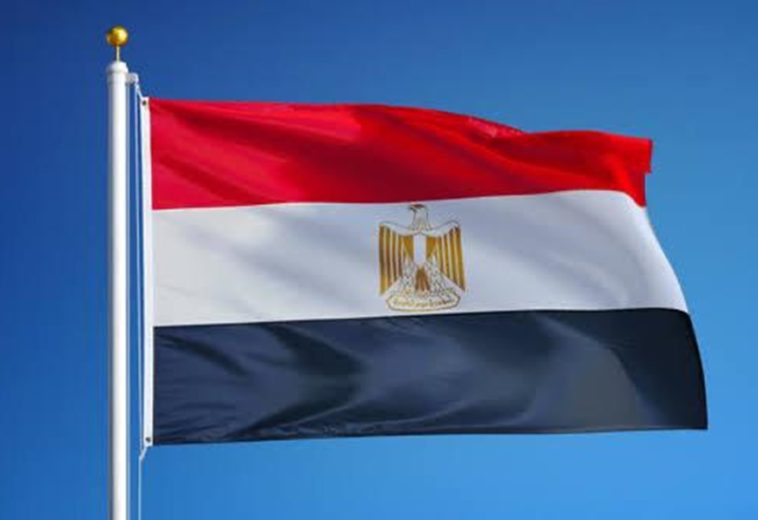Pan-Africanism is a philosophy and movement advocating solidarity, unity, and the political integration of African nations. It has long driven the continent’s quest for liberation and self-determination. Initially emerging in the 20th century as a response to the exploitation, colonisation, and fragmentation of Africa by European powers, Pan-Africanism has evolved into a significant political ideology shaping the socio-political landscape of the continent today.
The roots of Pan-Africanism lie in the shared experiences of Africans under colonial rule and the recognition of a collective African identity transcending ethnic, national, and linguistic divisions. The 1945 Pan-African Congress in Manchester was a pivotal moment, where African leaders and intellectuals formulated strategies for political independence. This spirit of unity culminated in the establishment of the Organisation of African Unity (OAU)—later reconstituted as the African Union (AU) in 2002—to promote political and economic integration among African countries.
READ ALSO: Nigeria at 64: Reflection on Economic Influence and Pan-Africanism
As Africa navigates the 21st century, the political relevance of Pan-Africanism remains profound. Despite gains in independence, the continent faces challenges such as poverty, political instability, conflict, and underdevelopment. Pan-Africanism offers a framework to address these issues through collaboration, mutual support, and shared development. The creation of the AU represented a bold step toward fostering political unity across Africa.
With its emphasis on collective governance, Pan-Africanism underscores that Africa’s political future hinges on building strong institutions, ensuring transparent leadership, and promoting inter-state cooperation. The African Peer Review Mechanism (APRM), established by the AU in 2003, exemplifies this commitment by fostering good governance and accountability. It supports democratic processes, human rights advocacy, and conflict resolution across member states.
A cornerstone of Pan-Africanism is economic integration, envisaging a unified Africa capable of competing in the global economy. The African Continental Free Trade Area (AfCFTA), operational since 2021, is a landmark initiative in this vision. By creating a single market for goods and services and facilitating the free movement of people, AfCFTA aims to boost intra-African trade and reduce dependency on external markets.
Rather than relying on foreign aid and imports, Pan-Africanism encourages leveraging Africa’s abundant resources—such as its vast energy potential, fertile agricultural land, and growing technological expertise—to achieve economic independence. Strengthening regional economic communities like ECOWAS, SADC, and the EAC contributes significantly to the broader goal of a self-sufficient and prosperous Africa.
Pan-Africanism also prioritises peace and security, recognising the importance of collective action in addressing threats to stability. The African Standby Force (ASF) and the African Peace and Security Architecture (APSA) reflect the AU’s resolve to take the lead in resolving conflicts, minimising reliance on external interventions. These initiatives underscore the need for African-led solutions to African challenges.
Social justice and human development are central to Pan-Africanism’s vision. The movement emphasises that Africa’s future depends not only on political and economic progress but also on the well-being of its people. Greater investment in health, education, and social services is essential to reducing poverty, improving healthcare, and empowering women and youth. The AU’s Agenda 2063 encapsulates these goals, envisioning a people-centred Africa that champions inclusivity, gender equality, and human development.
Particularly, Pan-Africanism has been a driving force in advocating for the rights of women, children, and marginalised groups. It challenges social and cultural barriers that inhibit these groups’ potential, promoting equal opportunities in education, employment, and political participation.
In the 21st century, Pan-Africanism remains a potent political ideology, offering a cohesive framework to confront Africa’s challenges. By advancing unity, economic cooperation, peace, and social justice, it continues to guide the continent toward a future where Africa can assume its rightful place on the global stage. In a rapidly changing world, Pan-Africanism is a powerful reminder that Africa’s strength lies in its unity, shared purpose, and collective action.




